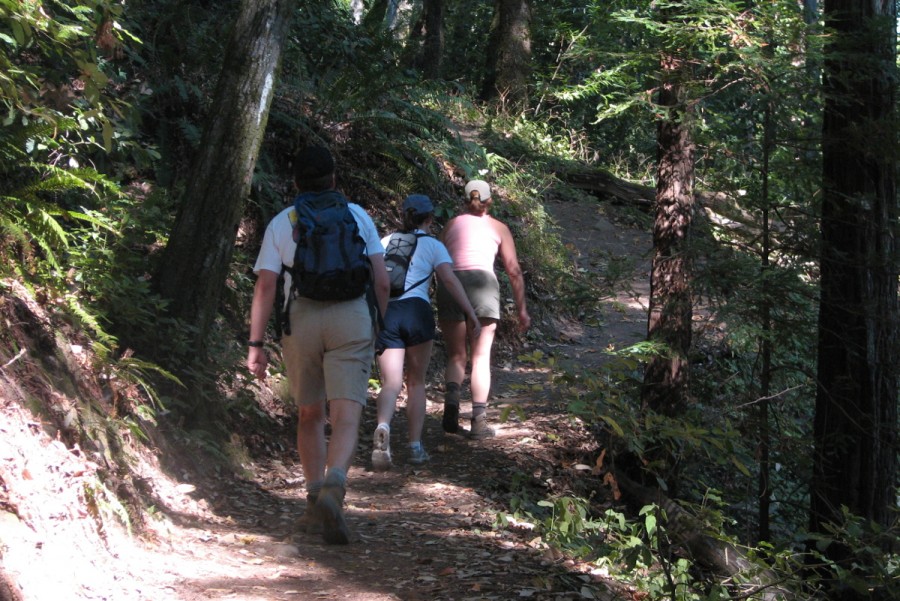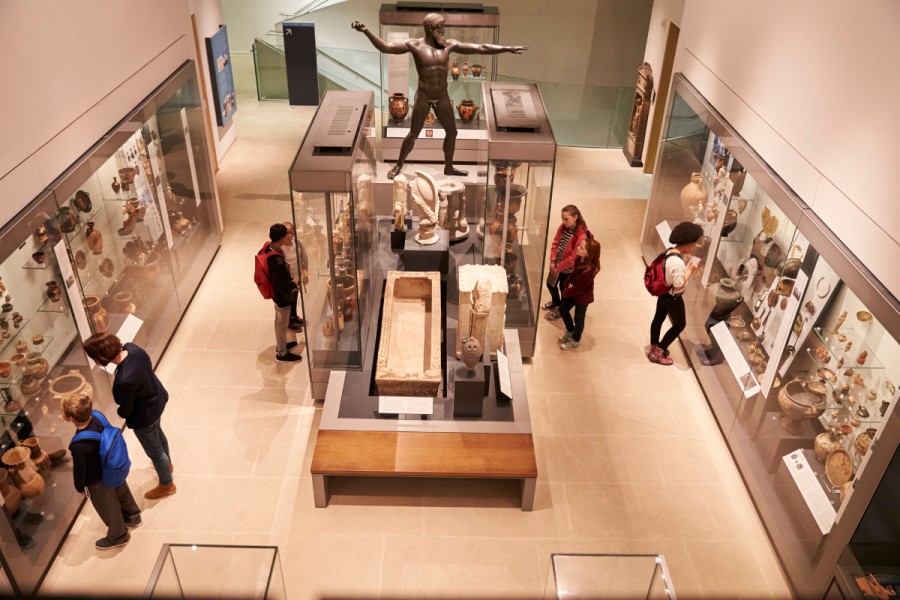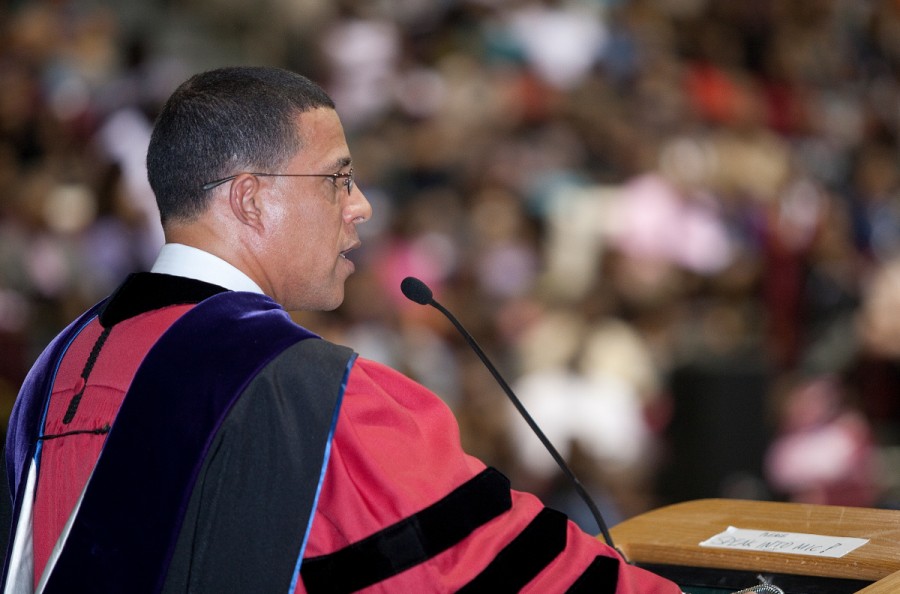Social sciences – classroom activities
Ideas on how to relate social sciences teaching to future careers and life beyond school.
What's on this page?
In social sciences, learners explore how societies work, and how they can participate and take action as critical, informed and responsible citizens.
Social sciences, with its focus on people, places, history and economies, links in well with career education.
By building career-related activities into your curriculum area you are helping your learners to develop the understandings, skills and attributes that they need to make positive career decisions throughout their lives.
Activities for Year 7 upwards
- Display the Where to? posters for your subject area. You can download these below.
- If your classroom is often used for teaching a social science subject, create a display area about careers and training in the social sciences.
- Allow learners time to write in their learning and career plans about the skills they are learning in their subject.
- Explore with learners the interactive tools on this website, including Where to?, Subject Matcher, Skill Matcher and Jobs by Interest.
- Find more information about social sciences-related industries on the Careers New Zealand website.
- Discuss the question – What is a career? Look at this question from different cultural perspectives.
- Start a physical or electronic file of stories of people working in social sciences jobs. They could be from local newspapers or magazines. Get other teachers in your department and learners to look out for stories to add to the file.
- Ask learners to identify and show how the cultural identities of three New Zealanders have influenced their career choices and actions.
- Ask learners to interview a range of high-profile people in the community. Identify the reasons for their choice of career and any challenges they have faced as a result. State possible future changes in direction.
- Ask learners to identify an organisation and demonstrate how the past management or leadership structure is different from the current structure.
- Create discussion about how learners' movement from one place to another for studying has an impact on the place they leave, and the place they move to.
- Research a well-known New Zealand entrepreneur and present a time line of their career and/or business decisions.
Activities for Year 11 upwards
- Gather data about the aspirations of family members or a school group. Through research, get them to develop a possible career path for one of these people and show the skills needed and the decisions that the individual might need to make along the way.
- Research a range of occupations within any two organisations. Identify the roles and responsibilities for each occupation and compare them, giving possible reasons for any differences.
- Invite a person who works in a social sciences job to speak at prize-giving or school assemblies, and/or to present the awards for achievements in social sciences. Ask them to talk about how their school learning helped them progress into their chosen field.
- Ask learners to investigate the impact of a student loan on an individual learner's financial situation, a community or the whole of New Zealand.
- Provide time during the year for learners to reflect on the skills they have learned in the subject by using personal journals, diaries, or creative workbooks.
- Talk about your own tertiary study experiences with learners to help familiarise them with tertiary pathways and what tertiary study is like.
- Allow learners time to visit tertiary liaison officers so they can ask questions about preferred courses.
- Make available tertiary prospectuses, or show learners where similar resources can be found.
- Use this website to find out more about tertiary study in the social sciences.
- Use this website to examine three industries and understand how they are interdependent.
- Use this website to research the changes in work opportunities and industries in a town or area of New Zealand.
- Explore the changes in Māori education – particularly in regards to the rise of kura kaupapa and wānanga, and the social, economic and political forces that have influenced this.
- Ask learners to create a time line that details responsibilities they may have at different stages of their lives.
Homework ideas
Set homework that focuses on careers. For example:
- Ask learners to interview or photograph a person in any career field. This could be in the style of "A day in the life of...". Submit the best ones to your school magazine or Tearaway.
- Get learners to create a careers map or family tree with particular reflection on the life roles and/or career paths of older family members.
Out of school activities
- Visit a tertiary provider to meet tutors and learners in social science-related courses.
- Encourage learners to take part in Workchoice Days or work experience, or plan class visits to explore the kinds of places where social scientists work. During the visit, research career opportunities and pathways.
You could encourage learners on Workchoice Days or work experience to visit places like:
- universities and polytechnics
- local authorities, such as city and district councils
- government departments
- the health sector
- private research consulting firms
- non-profit organisations
- market research and advertising firms.
Planning questions
- What occupations relate to my subject? Do I know anyone involved in these occupations who I could invite to visit learners as part of my teaching programme?
- Where are the gaps in my knowledge of careers that I could work on?
- Does the school library subscribe to any publications that profile people in the field of social sciences? What are these publications?
- What research topics could my learners cover that would help them explore social science-related careers?
- What unit standards could I cover using careers-related material?
- How can I make sure that I am being inclusive of Māori and Pacific worldviews?
Teacher reflection questions
- Do I know what my learners’ career aspirations are?
- Do I have an up-to-date understanding of the importance and use of the skills I teach in this subject in the workplace? If not, how could I brush up on that knowledge?
- Who do I know who can share their tertiary study experiences in the social sciences field with my senior learners?
- What combination of subjects are my learners taking? What is their rationale for this? How can I better help my Year 10 learners during subject choice time?
- Have I spoken to my learners about what tertiary study was like for me?
- What do parents know about career pathways related to social sciences? How could I help parents to improve their understanding of this?
- Have I spoken to parents about any social sciences projects I have seen their young person excel in?
Linking career education to the social sciences curriculum
Here are some of the objectives from the social sciences curriculum that can be related to career education.
Level 5
- Understand that people move between places and how this has consequences for the people and the places.
- Understand how economic decisions impact on people, communities, and nations.
- Understand how people seek and have sought economic growth through business, enterprise, and innovation.
Level 6
Economics
- Understand how the different sectors of the New Zealand economy are interdependent.
Level 7
Geography
- Understand how the processes that shape natural and cultural environments change over time, vary in scale and from place to place, and create spatial patterns.
Level 8
History
- Understand how trends over time reflect social, economic and political forces.
Careers New Zealand website links
- Download the resources order form from our tools and activities page
- Interactive tools
- Where to? - view and download posters in your subject area
Find out more about these social sciences-related industries:
External website links
Careers in history
- University of Canterbury website - what can I do with a degree in history?
- University of Waikato website - history is relevant to many careers
- Victoria University website - skills developed by history graduates
Careers in geography
- University of Canterbury website - careers in geography
- The University of Waikato website - careers in geography
- Victoria University website - career options for geography graduates
Careers in economics
Updated 5 Mar 2025


